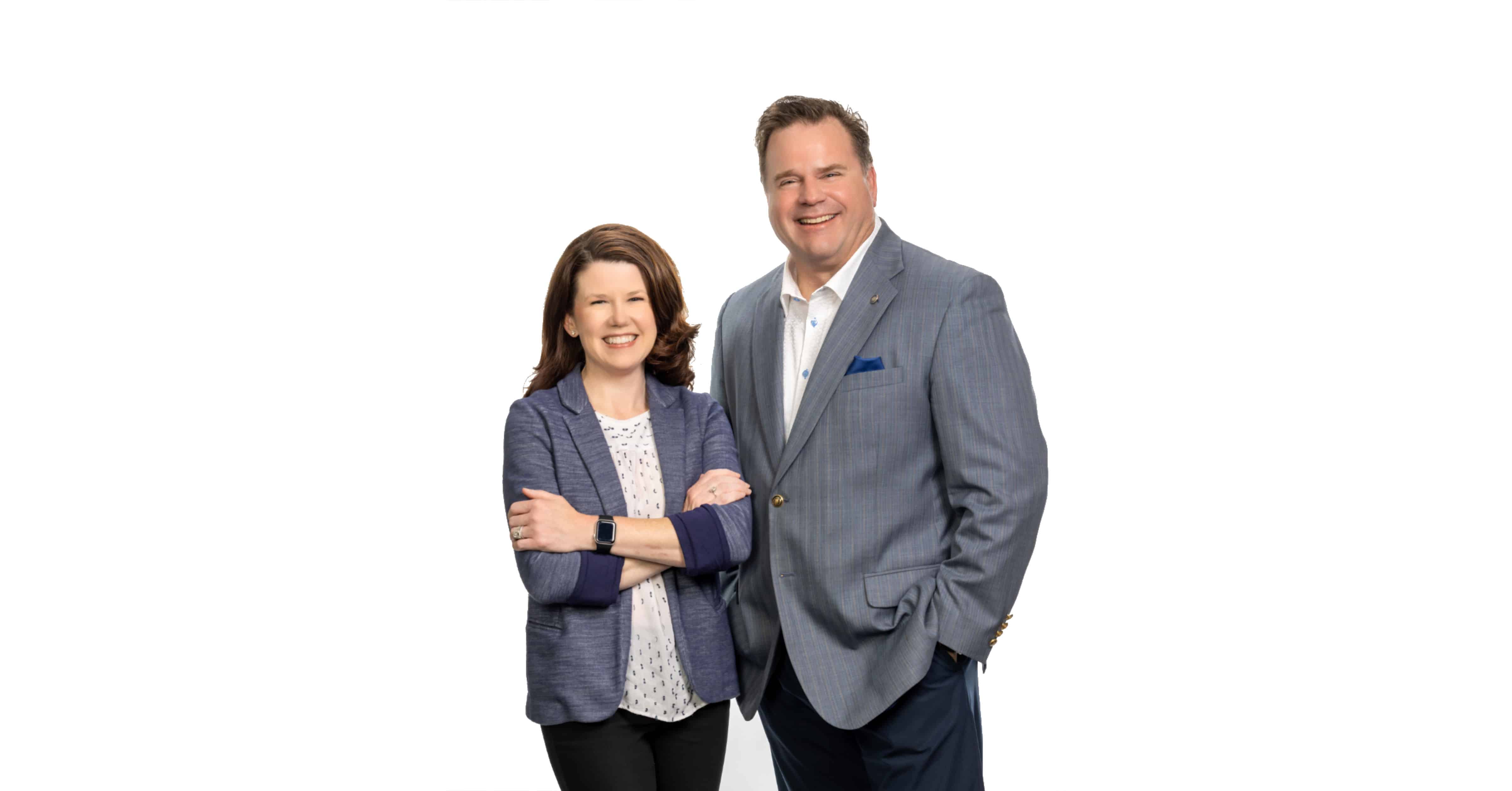Preparing for retirement is part science and part art. The science portion of the planning process is based on factual matters such as resources saved for retirement, predictable fixed and variable costs of living, cash savings for emergencies and use assets that are free of debt. To measure these items when planning for retirement, one simply makes a list from the most recent statement of accounts or values assigned to the property (i.e., when valuing a home or rental property).
However, the more difficult aspects of life to define and quantify are longevity of life, market conditions upon retirement, health expenses during the period after your career and lifestyle needs that may change with age. To fail to consider these aspects in your retirement plan is tantamount to ignoring your blood pressure until you have a heart attack. The most crucial factors in planning for the future are typically pertaining to lifestyle. Why? Because these costs can be significant in impact to your overall plan for cash flows and require immediate attention to squelch the negative outcomes.
One such planning point is the transition from career to retirement while considering multiple income streams. Let’s assume you no longer receive a salary but desire a consistent revenue stream. By investing in the appropriate equity positions that pay dividends consistently, you may experience salary-like cash flows to help you meet your obligations. For example, consider stocks that pay dividends in January, April, July, and October of each year. Also, you may want to consider other stocks that pay dividends in February, May, August, and November of each year. By laddering the receipt of dividends, you will be receiving potential cash flow each month that helps you assimilate the receipt of a salary.
Another approach, using fixed income investments, is to buy certificates of deposit with laddered maturity dates such as 30-day, 60-day, 90-day, and six-month maturities. This will provide cash flow for the periods purchased to help you maintain continuous streams of monies to contribute toward your cost of living. Also, a similar approach may be taken with bonds. These are approaches that a wealth advisor may consider for your cash flow transition from employment to retirement.
Being consistent in saving for your future is a good habit to build. Time is one of the best builders of wealth. There are no guarantees in investing or life. However, if you allow yourself the amount of time necessary to properly save for retirement, while investing in a prudent manner, your probabilities for success are much higher. Another caveat is to only invest in the types of companies and or industries that you understand. While it may seem inspiring to invest in the most recent technology company because of a new app that will change the world, ask yourself about the true purpose of your investment. Are you expecting the investment to grow significantly in a brief period? Or are you looking for cash flow through consistent dividend payments?
Before investing your hard-earned money, I highly recommend you fully evaluate the underlying business operations, product sales history, management capabilities and additional financial information to gain a good understanding of the company. Many of the growth companies that look good on paper, fail to pay dividends because of their nature of operations. Growth companies, unlike value companies, reinvest their profits to facilitate their growth initiatives in market share.
Balance is the key to a portfolio that provides total return. By definition, total return is growth of the capital investment plus the dividends received from the investment. To achieve your cash flow needs, you may be required to sale your growth company stock to receive the capital gains you desire. This will be a taxable event and, therefore, you will receive less cash than planned. Remember, there are no free lunches in life!
Cash flow is the most critical concern of most retirees. Transitioning from full employment to retirement is a challenge. To gain confidence in the process, we highly recommend you seek the advice of a Certified Financial Planner™ professional to analyze and create a cash flow plan that assails your fears. President Eisenhower, while serving in WWII, stated, “In preparing for battle, I have always found that plans are useless, but planning is indispensable.”



